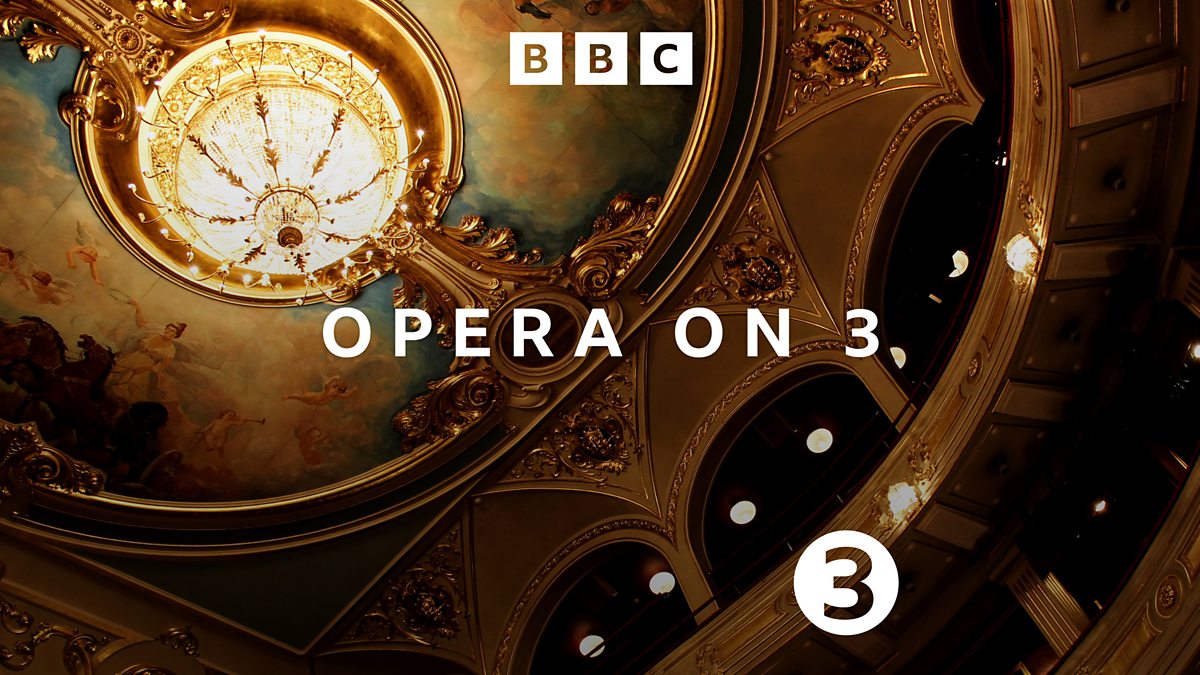I wonder if it will generate enough interest to gain replays in cinemas. I can't attend in London, but I could go to cinema showings - if they ever happen.
The very short teaser trailer video is so short as to be next to useless regarding deciding whether to go, or not!
The very short teaser trailer video is so short as to be next to useless regarding deciding whether to go, or not!


Comment